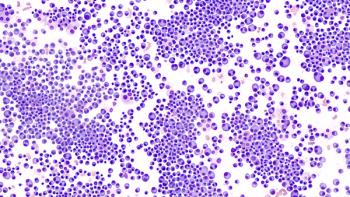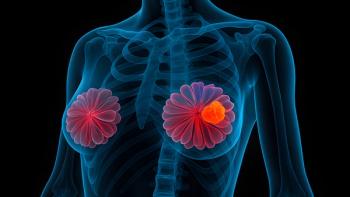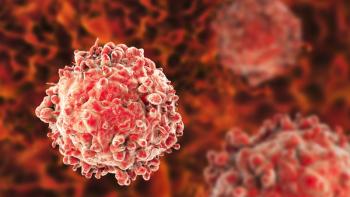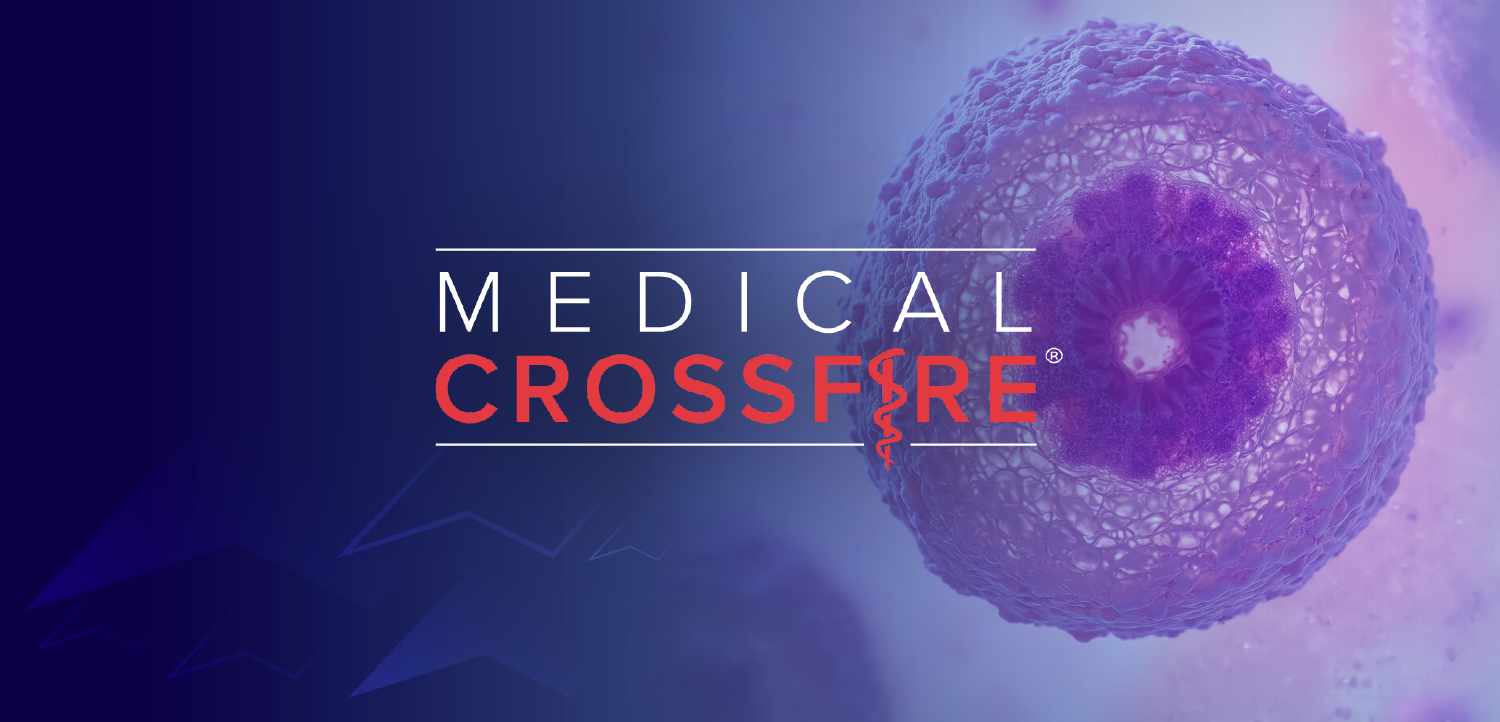
NCCN Offers Guidance for Cancer Centers Amid COVID-19 Pandemic
The National Comprehensive Cancer Network discussed problems – and potential solutions – for healthcare providers regarding the COVD-19 pandemic.
After hearing insight from one of their member institutions, the National Comprehensive Cancer Network (NCCN) is sharing advice for healthcare providers on the novel coronavirus (COVID-19) pandemic.
“Responding quickly and confidently to the COVID-19 crisis is the healthcare challenge of our generation,” said co-lead author F. Marc Stewart, MD, medical director, Seattle Cancer Care Alliance (SCCA).
Seattle is located at “the epicenter” of the COVID-19 outbreak in the United States,” the NCCN explained in a statement.
“Our overarching goal is to keep our cancer patients and staff safe while continuing to provide compassionate, high-quality care under circumstances we’ve never had to face before. We are working around the clock to develop new guidelines and policies to address situations that we couldn’t have imagined several weeks ago. When the pandemic ends, we will all be proud of what we did for our patients and each other in this critical moment for humanity,” Stewart said.
Challenges and Solutions in Facing the Pandemic
Many healthcare institutions are already facing significant challenges related to the pandemic.
Current and anticipated challenges include: staffing shortages due to potential exposure and school closings; limited resources, like beds, ventilation machines, and other equipment; reduced access to international donors as a result of travel bans.
The NCCN said that these challenges can be mitigated. They created a list of proactive measures that includes:
- Rescheduling well visits. elective surgeries, and second opinion consultations
- Increasing general hospital hours to reduce the unnecessary use of emergency department resources
- Reinforcing a stay at home when ill policy, and work from home if and when possible
- Use soap and water over hand gel
- Limit the amount of healthcare team members who enter patients’ rooms
- Move applicable procedures to outpatient
- Adopt a no-visitor policy (with exceptions, such as end-of-life circumstances)
- Have palliative and end-of-life conversations wit patients who may have been infected with COVID-19
The statement also emphasized that healthcare providers — and others in general – practice self-care to avoid burnout. Additionally, institutions should set safe work environments and be open about their compensations policies, reassignments, and back-up protocols.
NCCN Resources on COVID-19
“The COVID-19 pandemic is impacting every facet of our global and domestic societies and healthcare systems in unprecedented fashion,” said Robert W. Carlson, MD, Chief Executive Officer, NCCN.
The NCCN will continue to gather resources from leading cancer centers and publish them at
“People with cancer appear to be at increased risk of COVID-19, and their outcomes are worse than individuals without cancer. The NCCN Member Institutions are rapidly gaining experience in preventing and managing COVID-19. As is the nature of the NCCN Member Institutions, they are sharing their experience in organizing and managing institutional and care systems responses and best practices in this rapidly evolving global effort,” Carlson said.
Read more on the Coronavirus (COVID-19):
- COVID-19 and Beyond: Oncology Nursing in Uncertain Times
- Coronavirus: How Are You Responding?
- Expert Addresses Coronavirus and Cancer Innovation
- Amid Coronavirus Outbreak, Industrial-Grade Respirators Become Available to Healthcare Workers
Newsletter
Knowledge is power. Don’t miss the most recent breakthroughs in cancer care.
















































































